#PSAGroup
Take Two: PSA Group Confirms Peugeot's Return to U.S.
Twenty-eight years after limping out of the U.S. marketplace, news comes of Peugeot’s impending return. While we’ve known for nearly three years that a newly invigorated PSA Group plans to slowly increase its presence in North America, ultimately offering French cars for retail sale, until Monday the exact brand at the forefront of the plan remained a mystery.
Wonder no more. The last French brand offered for sale in North America will be the next one offered for sale.
A Manifesto for… Freedom?
While your author is normally very wary of manifestos, especially those originating from Europe, an automotive missive from France captured his attention.
It contained all the right ingredients: personal autonomy (ie – freedom), affordability, and most important of all, deregulation. It was a manifesto of freedom, penned by Citroën. I’m yours, comrade — er, camarade!
It's Decision Time for PSA's American Return
PSA Group surely wishes it had a crystal ball. As the French automaker prepares to make a series of key decisions for its planned North American return, the future trade landscape between the United States and Europe couldn’t be murkier. Will U.S. President Donald Trump levy steep tariffs on imported European cars, or will existing and proposed tariffs crumble like the Berlin Wall?
That’s just one consideration company brass needs to weigh. Other hard choices involve selecting the types of vehicles Americans might want to drive.
Here's a Solid Reason to Root for Peugeot's Return
Damn, you’re thinking. If I could get my hands on that. Just think — Italian leather shoes, a sport coat, people wrenching their necks as you drive past, Papa Was a Rolling Stone oozing from the stereo…
Okay, this fantasy has gone too far. The vehicle you see above is Peugeot’s e-Legend Concept, a vehicle that wins the “glimpse of the future” contest hands down. This is the kind of all-electric, all-wheel drive, partially autonomous vehicle we like looking at.
PSA Really Wants to Get You Into a Peugeot or Citron, but U.S. Fans Had Best Cross Their Fingers
PSA Group has a North American headquarters in Atlanta and it wants to use it. The French automaker also has a reentry plan that’s already underway. By the middle of the coming decade, we could all be behind the wheel of a French car (presumably after trading our Dodge Grand Caravans for the Citroën SpaceTourer Rip Curl).
Well, that might not happen — not if the U.S. imposes tariffs on the European Union, anyway. PSA North America Larry Dominique seems pretty worried that President Trump’s eagerness for tariffs could kibosh the company’s return, leaving mournful American francophiles gazing lustily over the Canadian border as PSA goes wild in Quebec.
America's Future French Cars Will Have German Engines
Assuming PSA Group‘s plan to re-enter the U.S. market isn’t thwarted by an all-out tariff war, you can expect to see Peugeots or Citroëns plying the roadways of America by the middle of next decade. Maybe it’ll be sooner than that.
Whenever they arrive, the vehicles will boast four-cylinder engines designed in Germany by Opel, a former General Motors division whose parent decided to put it up for adoption.
France Thinks It Can Return to U.S. Auto Market On a Shoestring Budget
Since acquiring Opel and Vauxhall from General Motors, France’s PSA Group has dropped not-so-subtle hints that it wants back into the American market. Chief executive Carlos Tavares said the group is already engineering upcoming models to meet U.S. regulations. “That means that from three years down the road we’ll be able to push the button, if we decide to do so, in terms of product compliance vis-a-vis the U.S. regulations,” he explained during the Frankfurt Auto Show.
That means Citroën and Peugeot should have a few vehicles ready for export after 2020. However, selling them won’t be a piece of cake. PSA doesn’t have an established dealer network in the United States, nor does it have a corporate friend in the industry that might allow the company to borrow one.
Still, the European auto group doesn’t seem all that worried. Rather than worry about asking its automotive neighbors to loan it a cup of sweet dealership sugar, it noticed a lot of people prefer aspartame and acesulfame potassium. PSA plans to take a modern, tech-focused, affordable approach to the problem.
If and When French Cars Return to America, Thank Canada
What's Standing Between You and a Future Citron or Peugeot? Possibly, a Tariff
The threat of new import tariffs has PSA Group worried about its plan to return to the United States. Following President Trump’s proposal to levy a 25-percent tax on steel imports and a 10-percent tariff on inbound aluminum, Europe balked at the suggestion, leading to further threats of a car tariff.
Right now, the U.S. levies a 2.5-percent tax on imported European vehicles, far less than Europe’s 10-percent tariff on vehicle travelling eastward across the Atlantic. There’s a 25-percent U.S. tariff on European vans and trucks, too, which explains why crates of Mercedes-Benz van components sail into the port of Charleston, South Carolina at regular intervals.
According to Trump, any European retaliation against the proposed metal tariffs — which seem all the more likely given yesterday’s resignation of the president’s pro-free trade economic advisor, Gary Cohn — would see the U.S. ratchet up its car tariff. If the scenario comes to pass, your dreams of one day buying a new French car in America could easily be dashed.
French Invasion of Georgia Underway After Groupe PSA Chooses Atlanta for American HQ
It’s likely the vanguard of the invasion force is already on Georgia soil, probably after landing at Hartsfield-Jackson following a nice Air France flight from Aéroport de Paris-Charles-de-Gaulle. Don’t be scared, though. These people are delivering choice to new car buyers, at least once their plan is fully underway.
Groupe PSA, maker of Peugeot, Citroën, and DS vehicles, announced Tuesday that Atlanta will become home to its new North American headquarters. It’s an early but crucial step in the company’s decade-long plan to return to the American automotive scene.
PSA to GM: Pay Up for That Dirty Fleet You Sold Us
The handover of General Motors’ money-losing European division to France’s PSA Group seemed complete last July, but now the maker of Peugeot and Citroen cars isn’t happy with the bag it’s holding.
PSA claims the acquisition of the Opel and Vauxhall brands left it on the hook for massive fines, all stemming from looming European emissions regulations and the not-so-squeaky-clean state of its new holdings. The automaker’s now seeking nearly $1 billion from GM — more than half of what it paid for the brands.
More Teasing From the French: Citron and Peugeot Cars to Be Built America-ready
Waiting on a Cactus: PSA Says It Has Once Chance to Get U.S. Re-entry Right
The long-awaited return of PSA Group — French builder of Citroën, Peugeot, and DS cars — to the U.S. marketplace was never going to be a quick operation. Americans weren’t going to suddenly wake up one morning to see neighbors Bob and Carol bundling the kids into in their brand-new Berlingo Multispace. Their other neighbors, Ted and Alice, wouldn’t suddenly arrive home in their Spacetourer and C-Elysee, jockeying for the parking space closest to the door.
The C4 Cactus, with its quirky Airbump inserts and 1.2-liter three-cylinder, won’t begin appearing in Walgreen lots overnight.
For PSA, returning to the U.S. is akin to a kid standing next to a cold pool, dipping one toe in first, then the foot, followed by the lower leg. To dive in without a plan would be to risk disaster. Having already established that first toehold (which you’d be forgiven for not noticing), the harder stuff awaits, and PSA remains cagey as to when we’ll all be driving around in Citroëns. It just knows it can’t screw it up.
Dueling Development Centers Force GM to Slam the Brakes on Opel Sale
The handover of General Motors’ European operations and creation of a new Opel corporate identity, which was expected later this week, has come to a screeching halt.
As part of the $2.3 billion sale to France’s PSA Group, GM’s longtime German subsidiary will take on the name Opel Automobile GmbH — but not until the two companies clear a big hurdle. It seems the problem comes down to a tale of two development centers: one owned by GM, the other by PSA.
Keep Us In Business or We'll Blow Everything Up: French Supplier to Automakers
They do protests a little differently in France. A French supplier of brackets, bumper and steering column components to Renault and PSA Group might soon close down for good, so the shop’s unionized employees figured it would be best to turn its protest efforts up to “11.”
That apparently means destroying the equipment used to make those essential parts, as well as threatening lives by rigging the factory to explode.
So. Much. Passion.



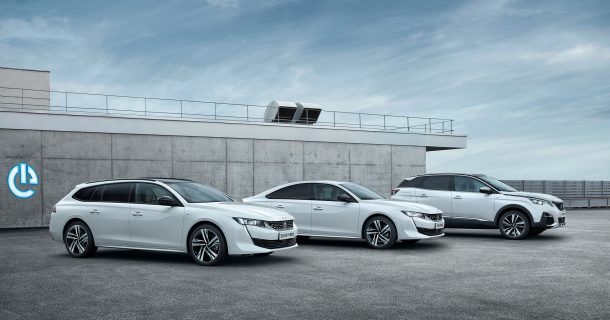
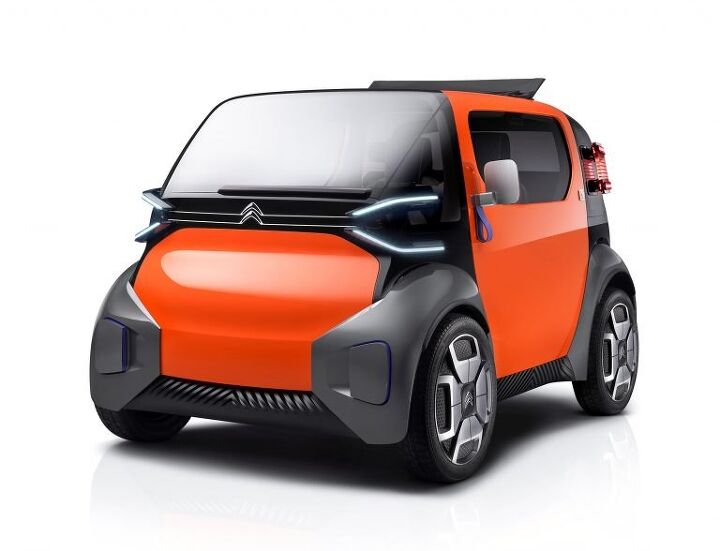
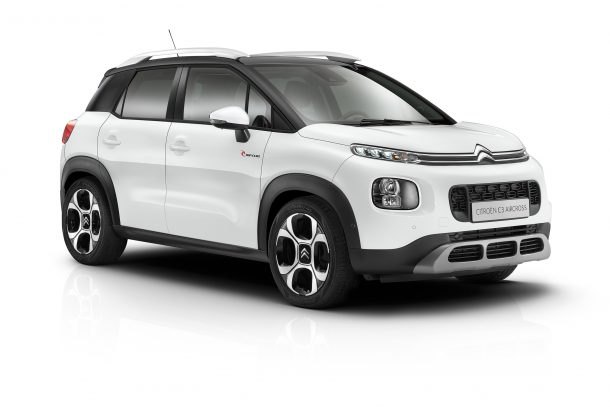
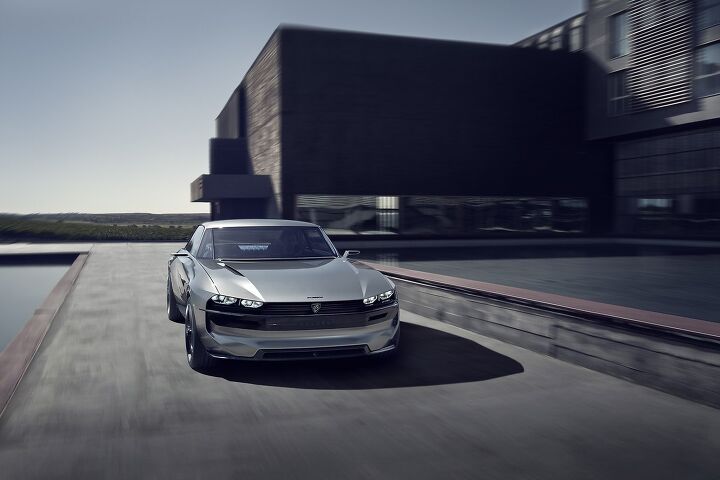

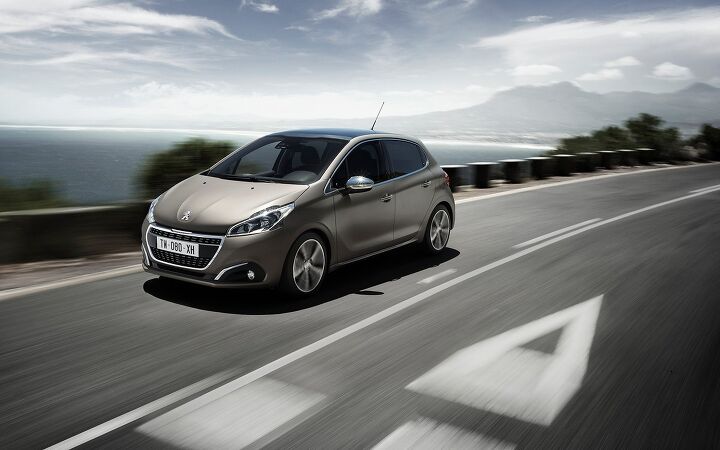
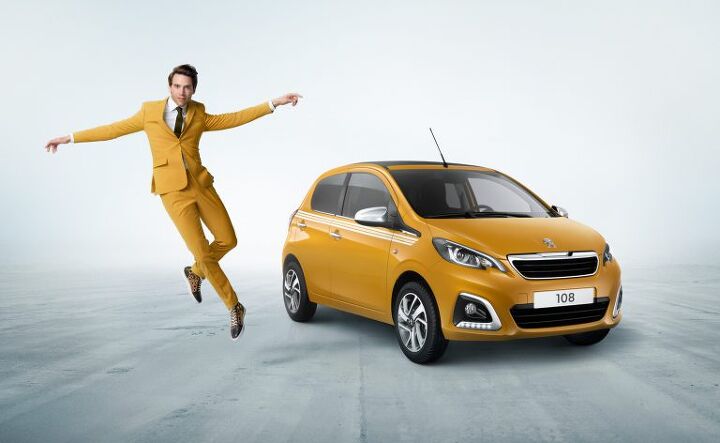

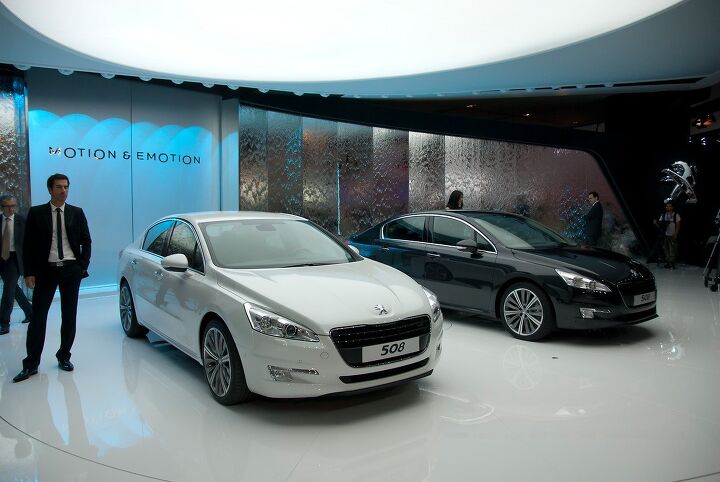


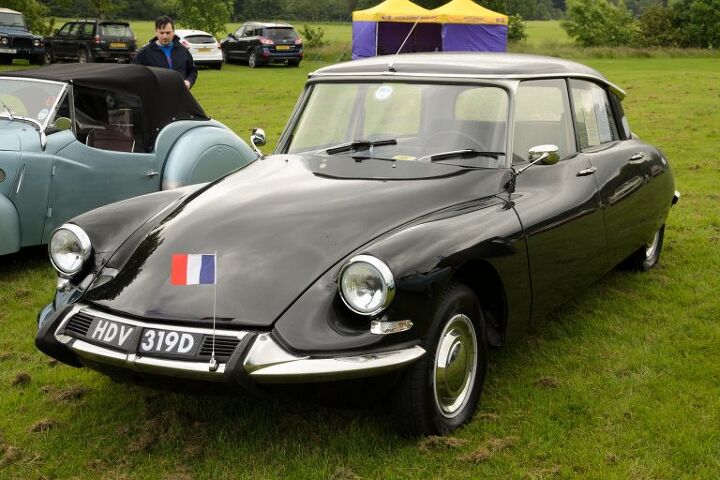
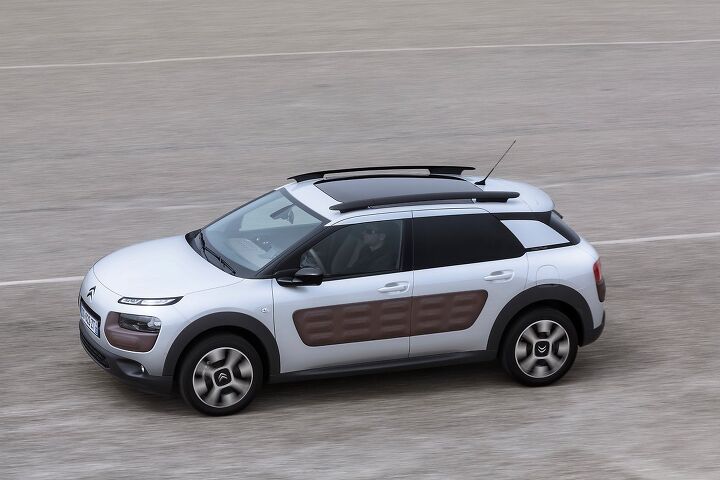

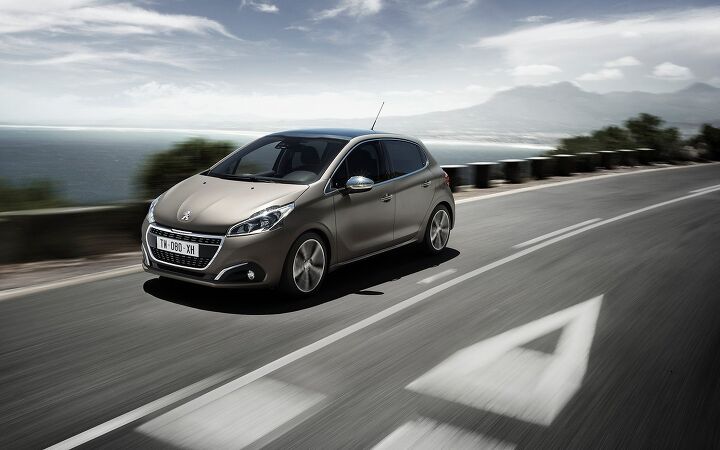












Recent Comments